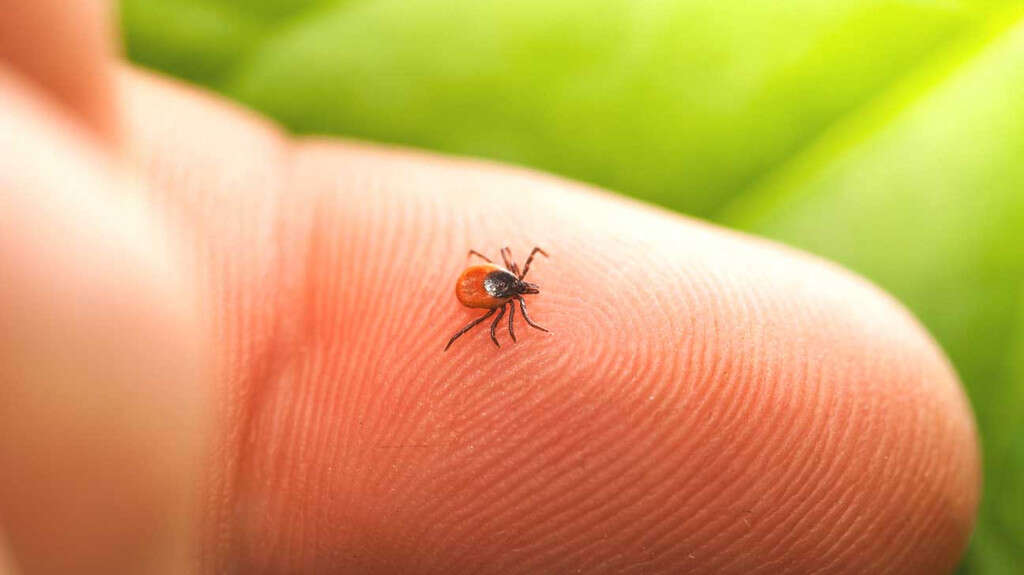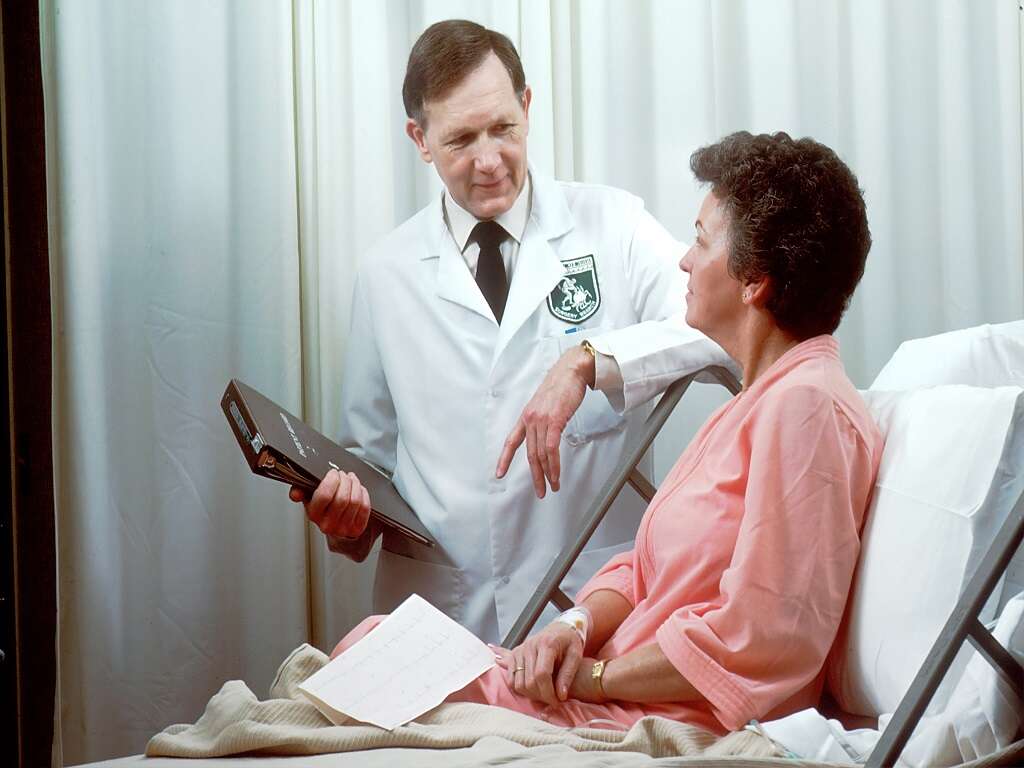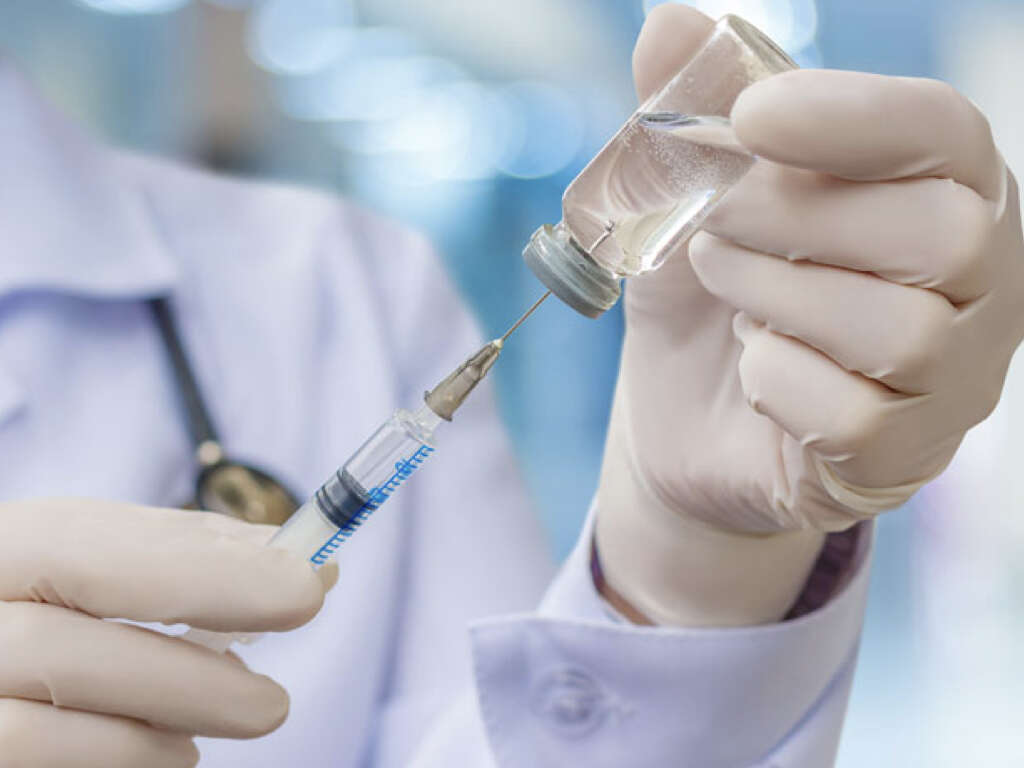10 Causes of Purpura
Purpura is a medical term given to a condition that’s known as blood spots or skin hemorrhages. The condition refers to a problem in which purple spots appear on the skin. They can also arise internally and be present on various organs in the body or on the mucous membranes lining the mouth, nose, or genitals.
The condition generally occurs when the blood vessels under the skin burst. This leads to blood pooling underneath the skin which results in spots that are purple in color. These spots can be quite small or very large depending on the severity and size of the broken blood vessel.
Purpura can be indicative of a more serious problem. They can be a sign of a blood clotting disorder which can lead to potentially fatal complications. If you have been noticing blood spots and you’re unsure as to why you’re experiencing them, perhaps this article can help you discover the cause. Remember, it’s important to always check with a medical professional before making any serious lifestyle changes.
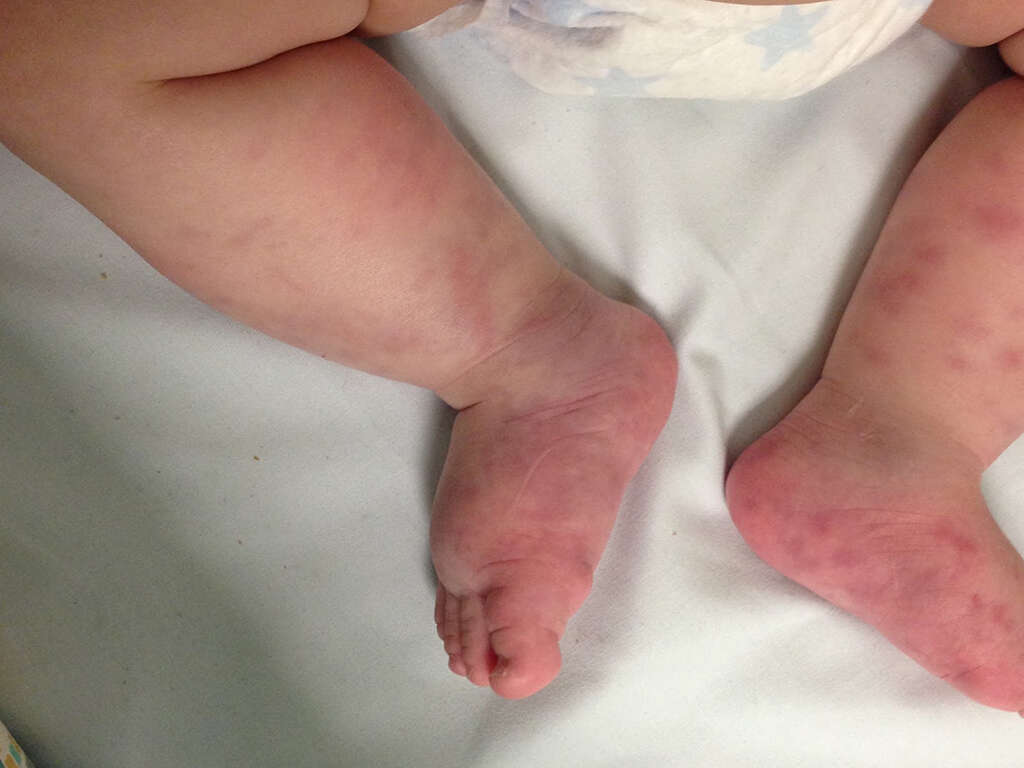
Cause #1: Bone Marrow Transplants
Bone marrow transplants can interfere with the body’s production of platelets. Platelets are the cells that your body produces to help clot your blood. People who don’t have enough platelets are more prone to extreme bruising and excessive bleeding
Many people believe that blood clotting is inherently dangerous, but this isn’t the case. Blood clotting is actually the process by which our wounds heal. People whose blood doesn’t clot properly can end up with bleeding disorders like hemophilia.

Cause #2: Genetic Platelet Problems
Another factor that can contribute to the development of purpura is low platelet levels caused by genetics.
If your parents or anyone else in your family has experienced problems with bleeding, bruising, or other conditions related to bleeding, then you may be more likely to develop purpura.

Cause #3: Medications
There are a number of medications that can interfere with the production of blood platelets. There are also several medications that can indirectly interfere with blood clotting. In either instance, these medications lead to problems with bruising and bleeding disorders.
One of the most common types of drug known to do this is steroids. Steroids are sometimes prescribed by medical professionals. However, many people use steroids without supervision in an attempt to gain muscle mass. Unrestricted use of steroids can cause a number of health problems, including an increased risk of developing purpura.

Cause #4: Weak Blood Vessels
Weak blood vessels can lead to ruptures, causing purpura and other bleeding disorders. Weak blood vessels can be caused by genetics, but they can also be caused by a number of lifestyle choices.
People who don’t eat healthy, for example, are less likely to have strong and healthy blood vessels. People who also have high levels of LDL cholesterol are more likely to develop problems with their blood vessels.
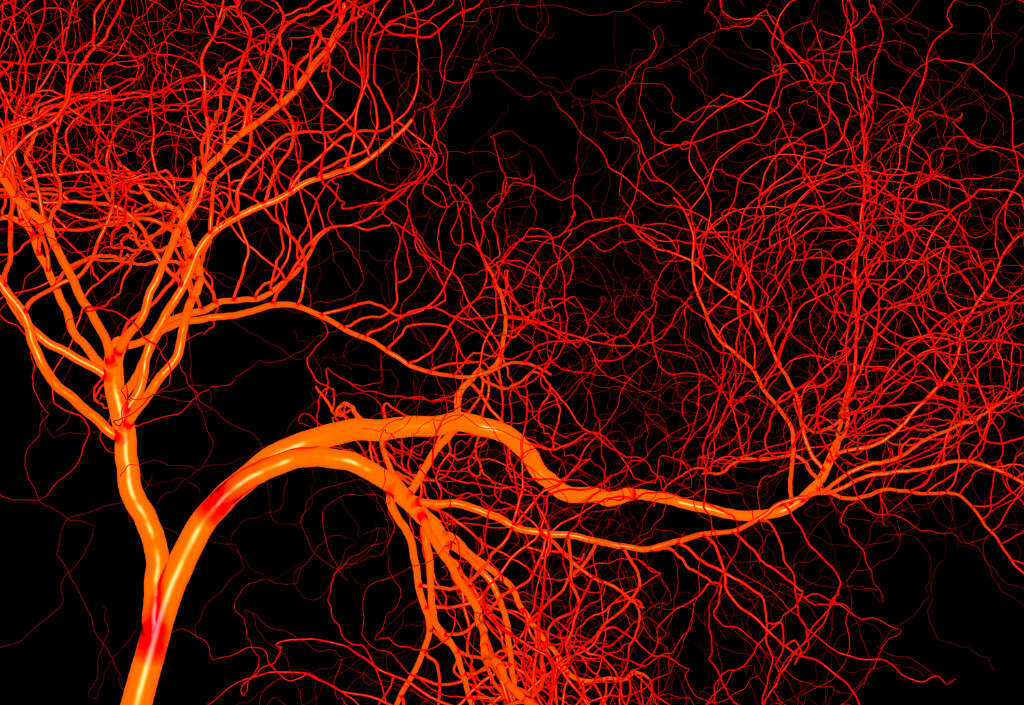
Cause #5: Inflamed Blood Vessels
There are a number of conditions that can cause inflammation of the blood vessels. Something as simple as having an unhealthy diet can contribute to inflamed blood vessels. If your blood vessels are larger than normal, such as is the case when they’re inflamed, they are more sensitive and easier to rupture.
This means that you’re much more likely to experience serious bruising and other symptoms of purpura if your blood vessels are inflamed.
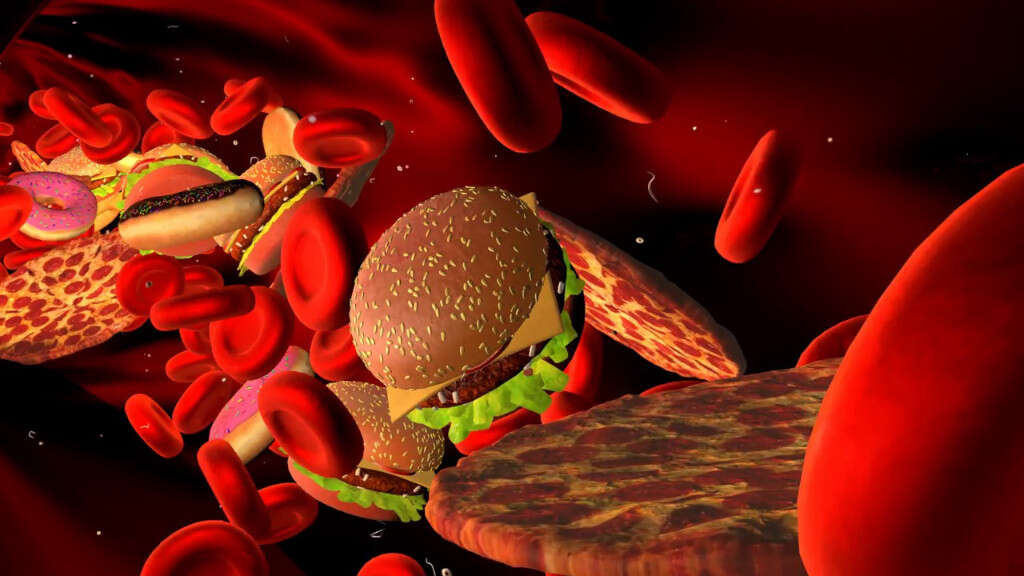
Cause #6: Scurvy
Scurvy is a condition that emerges in people who have lived their lives being very deficient in vitamin C. There are several problems that can emerge from scurvy, such as loose teeth, bulging eyes, and swollen gums.
It’s not entirely clear why scurvy can contribute to purpura; however, there have been documented cases of this. One of the more serious problems of scurvy involves bleeding into the skin, or purpura. People who don’t get enough vitamin C are much more likely to develop serious bruises.

Cause #7: Blood Transfusions
There is a condition known as post-transfusion purpura. This is a very uncommon, delayed reaction to a blood transfusion, usually occurring between 7 - 10 days after the transfusion. It’s not uncommon to bleed from your mucous membranes or anywhere in your digestive or urinary tract in addition to underneath the skin.
This condition is rarely fatal, but the problem can last for several weeks. People who develop this problem usually have a history of sensitization, often from pregnancy or previous transfusions.

Cause #8: Henoch-Schonlein Purpura
Henoch-Schonlein Purpura, or HSP, is an uncommon condition that involves the inflammation of the smaller blood vessels. The condition occurs more often in young children.
Under HSP, blood vessels can begin leaking. This can occur under the skin, or in your digestive tract or intestines. However, the most common symptoms are rashes or lots of small bruises that appear to be slightly elevated above the skin. The condition usually lasts between 4 and 6 weeks. However, it has been known to recur in some patients. There are rarely any long-term consequences.

Cause #9: Immune Disorders
There are several forms of purpura that can arise out of immune disorders such as HIV. One such form of the condition, known as idiopathic thrombocytopenic purpura (ITP), is very similar to other types of purpura. It leads to excessive bruises and bleeding, which can result in fairly serious rashes.
This condition can affect both children and adults equally. Children most often develop it after contracting a virus and will generally recover quickly, but adults often retain the condition over the long-term.

Cause #10: Tick Bites
Tick bites are unpleasant in the best of times. A tick-related illness, also known as Rocky Mountain spotted fever, can cause unpleasant symptoms. Some of these symptoms include stiffness of the neck, headaches, nausea, weakness, and joint pain. Tick bites have been known to cause full body rashes or red spots that are similar to those seen in people suffering from ITP.
If you experience an acute infection from a tick bite then you may want to use antibiotics to help ease the symptoms. Talk to your doctor before proceeding.
